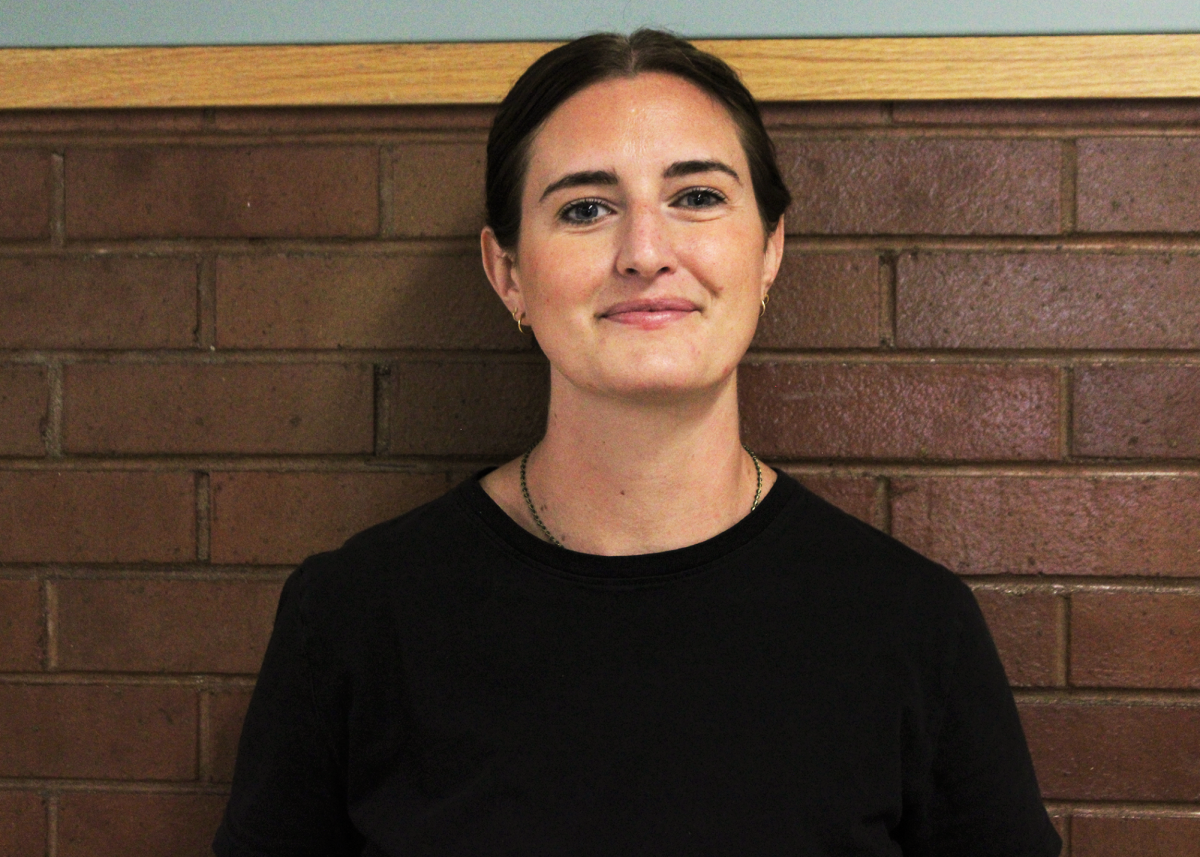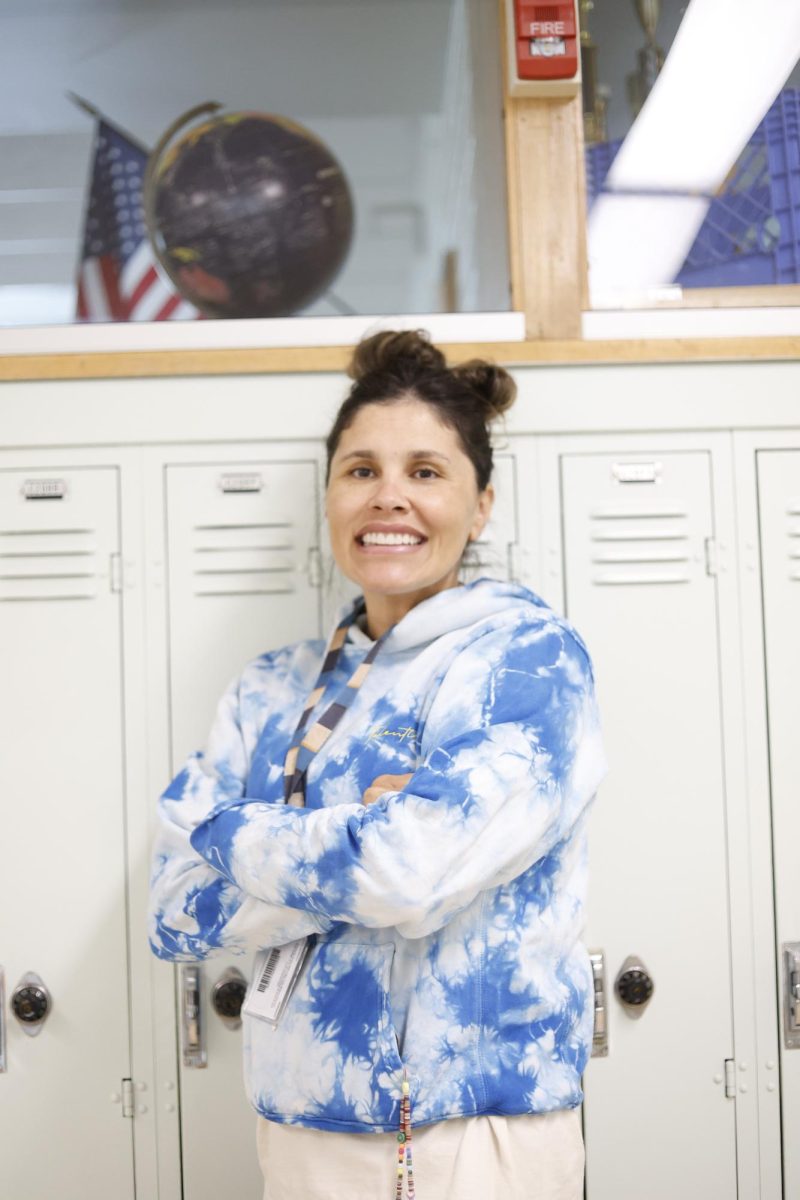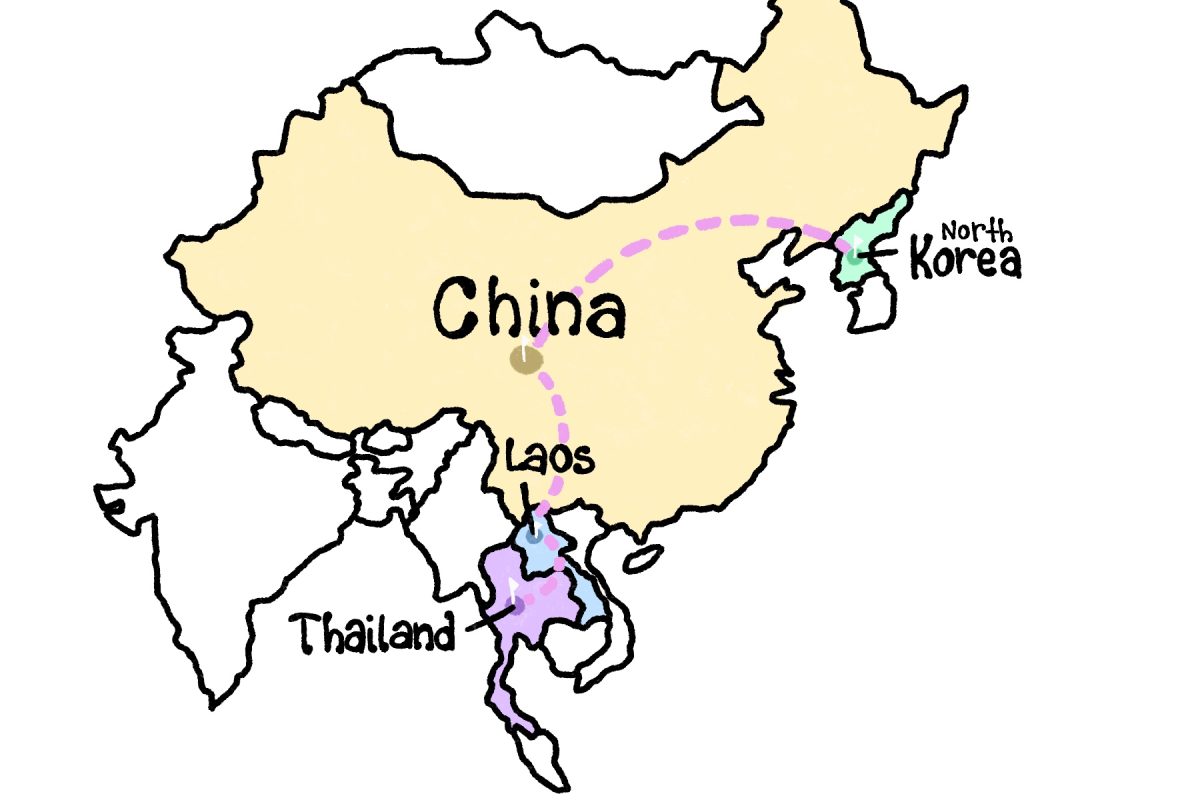A Call For Civics
Teachers rally at the Capitol for a raise in the WPU.
April 8, 2015
Freedom of the press and an educated public have long been considered essential to an empowered citizenry. During the colonial era in America, freedom of the press was defended as essential to curb corruption and hold public authorities accountable. During the early years of the country, several Founding Fathers were among the first to argue in favor of universal public education. They did so because they considered that a democracy requires well educated citizens. They assumed that such citizens would be active and well informed about politics, and that the nation´s newspapers (their media) would provide them with quality information.
Today everybody has a chance to get a basic public education but they are largely ill-informed about civic affairs and politics. I have often heard people say, “The U.S. government sucks” or the typical “Thanks, Obama” (usually in a sarcastic tone). These comments are solely based on opinion, with no facts or argument to back them up.
See what other students and teachers have to say about the Civics test: <https://highlandrambler.org/1239/photography/ram-views-a-call-for-civics/>
Sitting at the dinner table a few months ago, my family brought up Hillary Clinton and started heaping on the insults. My mother took a deep breath and calmly said, “Insults aren’t arguments, so why don’t you tell me five policies that she supports that you disagree with.” The table went dead silent. No one had a single word to say.
Although I dread having one more hoop to jump through in order to graduate, the Civics test is a great idea to inform students about how the country in which they live works. This could help us to understand the way in which our government was designed to function and also where it falls short.
“I think that it is important for high school kids to understand the way that laws and government affect them,” sophomore Elliot Goble said. “It is essential for members of a community.”
It is also important for high school kids to graduate being informed in government and politics because most teenagers get their information from the media.
The media has changed considerably over the last generation. It used to be governed by the Fairness Doctrine, a policy which required that equal time be given to both sides of an issue facing the public. Today, however, we no longer have the Fairness Doctrine, making the news, especially cable news and radio, highly partisan.
We also used to have stricter rules regulating the amount of news outlets that one person or corporation could own. These regulations were liberalized, however, in the Telecommunications Act of 1996. The belief was that looser rules would introduce more voices into the dialogue. Unfortunately, however, the effect has been the complete opposite. Media ownership has become extremely concentrated and most of our news now comes from a few large corporations.
This has created a distortion in the news known as the echo effect. Someone hears an opinion on a radio station, then they read it in their newspaper, and then they hear it on their cable news station. They assume that they are hearing the same opinion held by many people. After all, it seems to be everywhere. But what they don’t know is that all these sources are owned by the same corporation. For example when Rush Limbaugh says that global warming is a hoax, people who do not get any facts from other sources believe that this opinion is truth.
We need to live up to the expectations of the Founding Fathers and be sophisticated consumers of the media and well-informed citizens.
It is fine to complain about government and politics as long as you understand what you are complaining about.





























